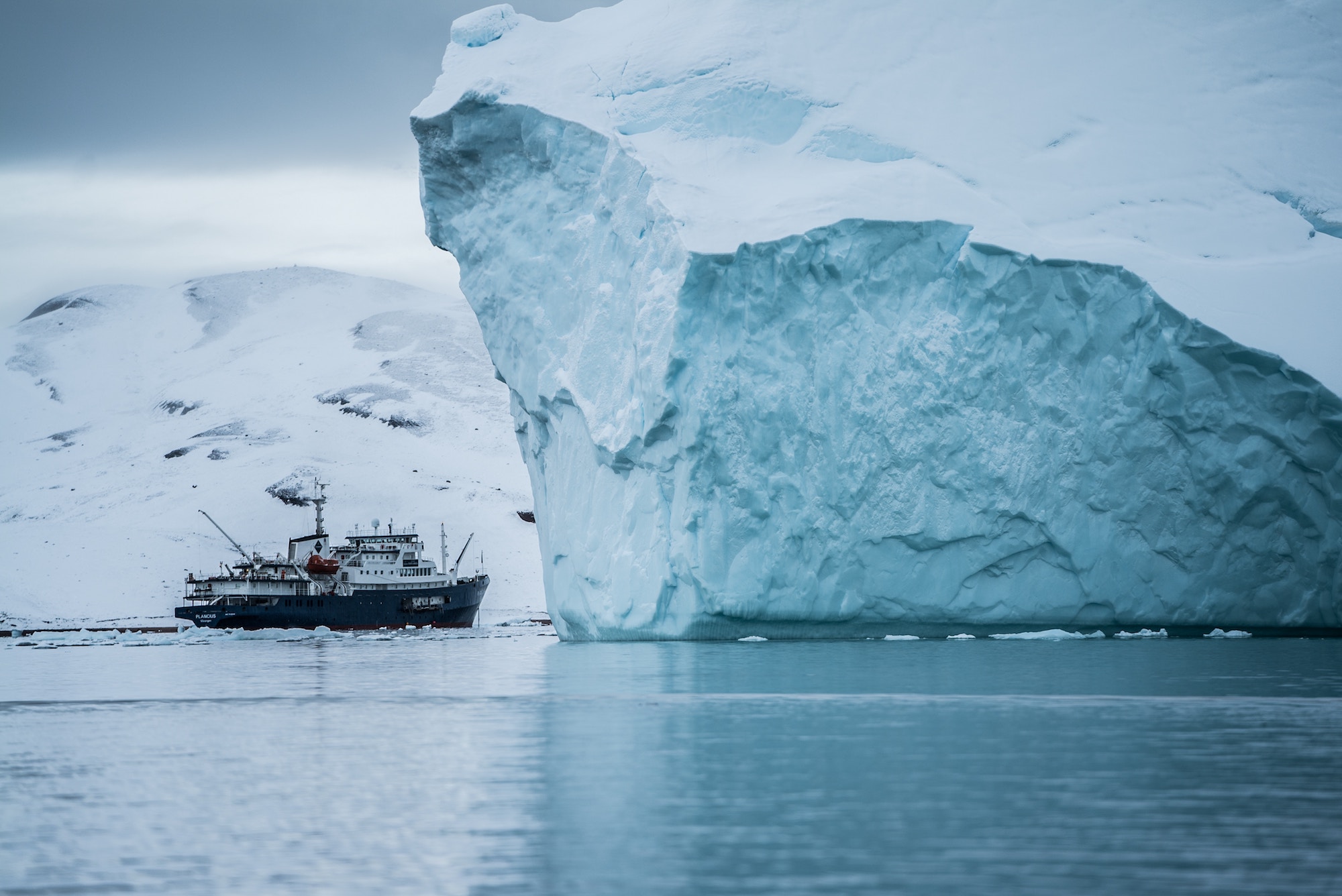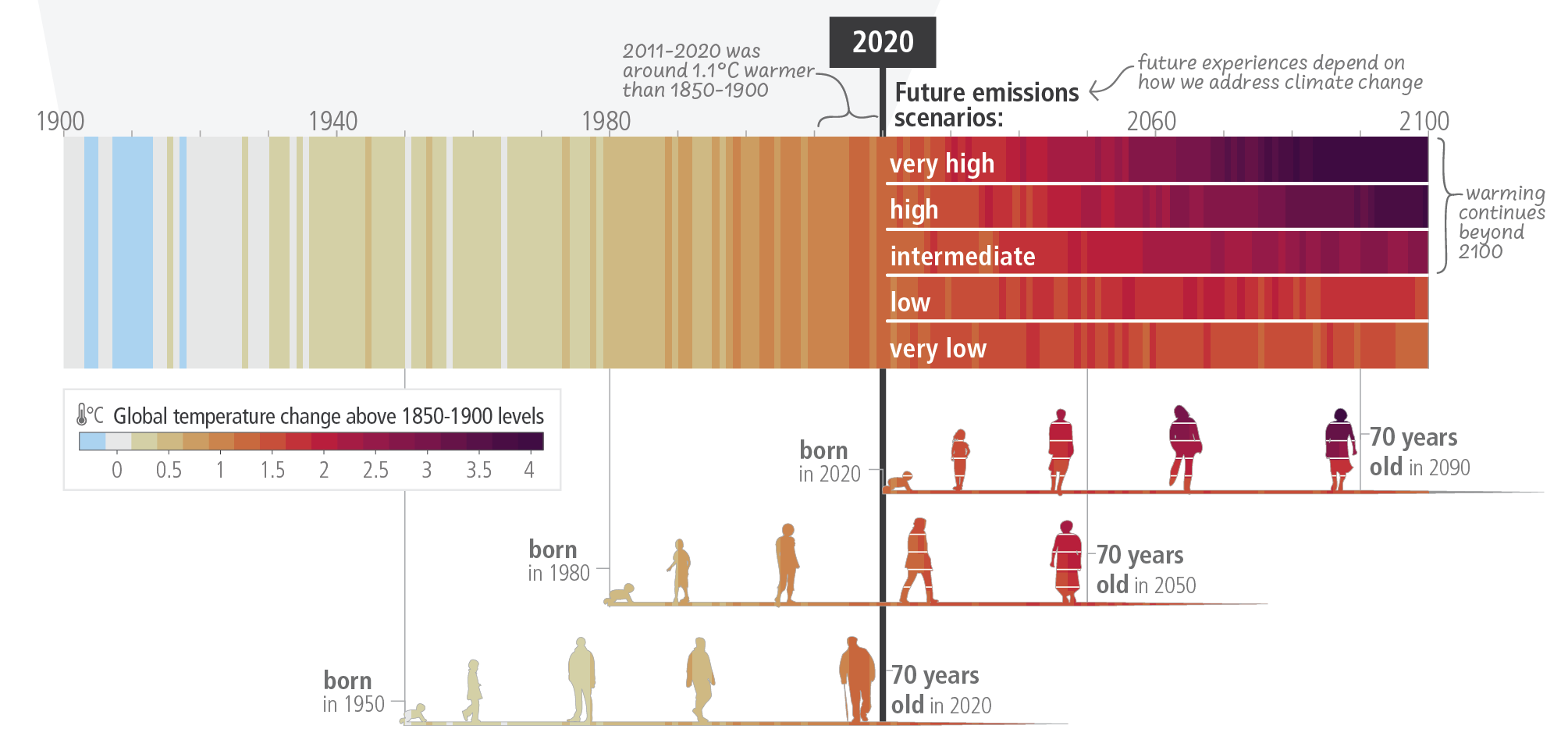Source: UN Environment press release
UN Environment and Google recently announced a global partnership that promises to change the way we see our planet.
When completed, the platform will leverage Google’s cloud computing and Earth observation public catalogues and for the first time enable governments, NGO’s and the public to track specific environment-related development targets with a user-friendly Google front-end.
“We will only be able to solve the biggest environmental challenges of our time if we get the data right,” Head of UN Environment Erik Solheim said. “UN Environment is excited to be partnering with Google, to make sure we have the most sophisticated online tools to track progress, identify priority areas for our action, and bring us one step closer to a sustainable world.”
Too often, when a country seeks to implement real-time environmental action, they find their efforts halted by gaps in critical data needed to direct those actions safely and effectively. Through this partnership, and Google Earth Engine’s analysis and visualization tools, the world can finally begin to fill those gaps, enabling decision makers to better invest in environmental services.
“We are excited to enable all countries with equal access to the latest technology and information in support of global climate action and sustainable development”, said Rebecca Moore, Director, Google Earth, Earth Engine & Earth Outreach.
Long term, the partnership hopes to establish a platform for open-source data and analysis of the UN Sustainable Development Goals. As an entry point to development, the partnership launches with an initial focus on fresh-water ecosystems including mountains, forests, wetlands, rivers, aquifers and lakes. These areas account for 0.01% of the world’s water but provide habitat for almost 10% of the world’s known species and evidence suggests a rapid loss freshwater biodiversity.
Google will periodically produce geospatial maps and data on water-related ecosystems by employing massive parallel cloud computing technology. Satellite imagery and statistics will be generated to assess the extent of change occurring to water bodies, and made freely accessible to ensure nations have the opportunity to track changes, prevent and reverse ecosystem loss.
Other areas of collaboration include advocacy and capacity building activities as well as the development of partnerships with organizations like the European Commission’s Joint Research Centre (JRC), the European Space Agency (ESA), and the National Aeronautics and Space Administration (NASA).






